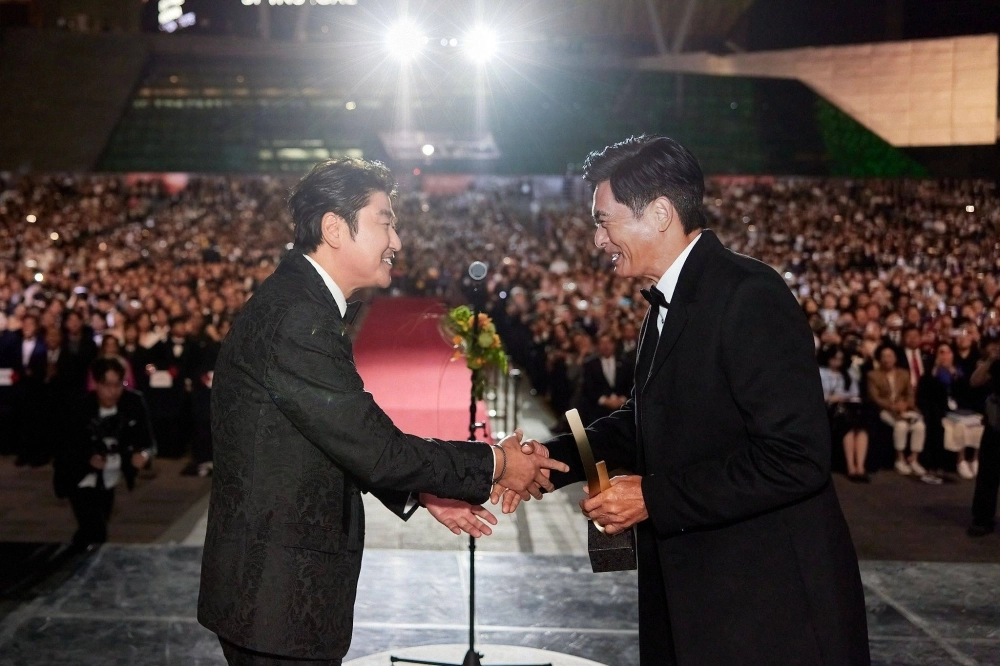In May, there was talk among South Korean film enthusiasts of whether the 2023 edition of the Busan International Film Festival (BIFF), considered the year's most important Asian movie event, would take place.
Following the creation of a new managing director position that would relieve the festival director of handling BIFF's finances, director Huh Moon-young resigned — and all hell broke loose. The South Korean media then reported that an unnamed festival employee had accused Huh of sexual harassment, and that the organization itself was accused of trying to cover it up. More resignations ensued, including that of chairman Lee Young-kwan, one of BIFF's founders.
Though the harassment allegations are still under investigation, BIFF opened on schedule Oct. 4 at the Busan Cinema Center. The festival assured the world it was back from the pandemic with the kind of flashy opening ceremony it is known for, but the choice of Song Kang-ho (“Parasite”), the most famous South Korean actor in the world, as the host was indicative of the provisional nature of the preparations. Normally, the festival director is the host, but at the moment there is only an interim director — chief programmer Nam Dong-chul.


















With your current subscription plan you can comment on stories. However, before writing your first comment, please create a display name in the Profile section of your subscriber account page.